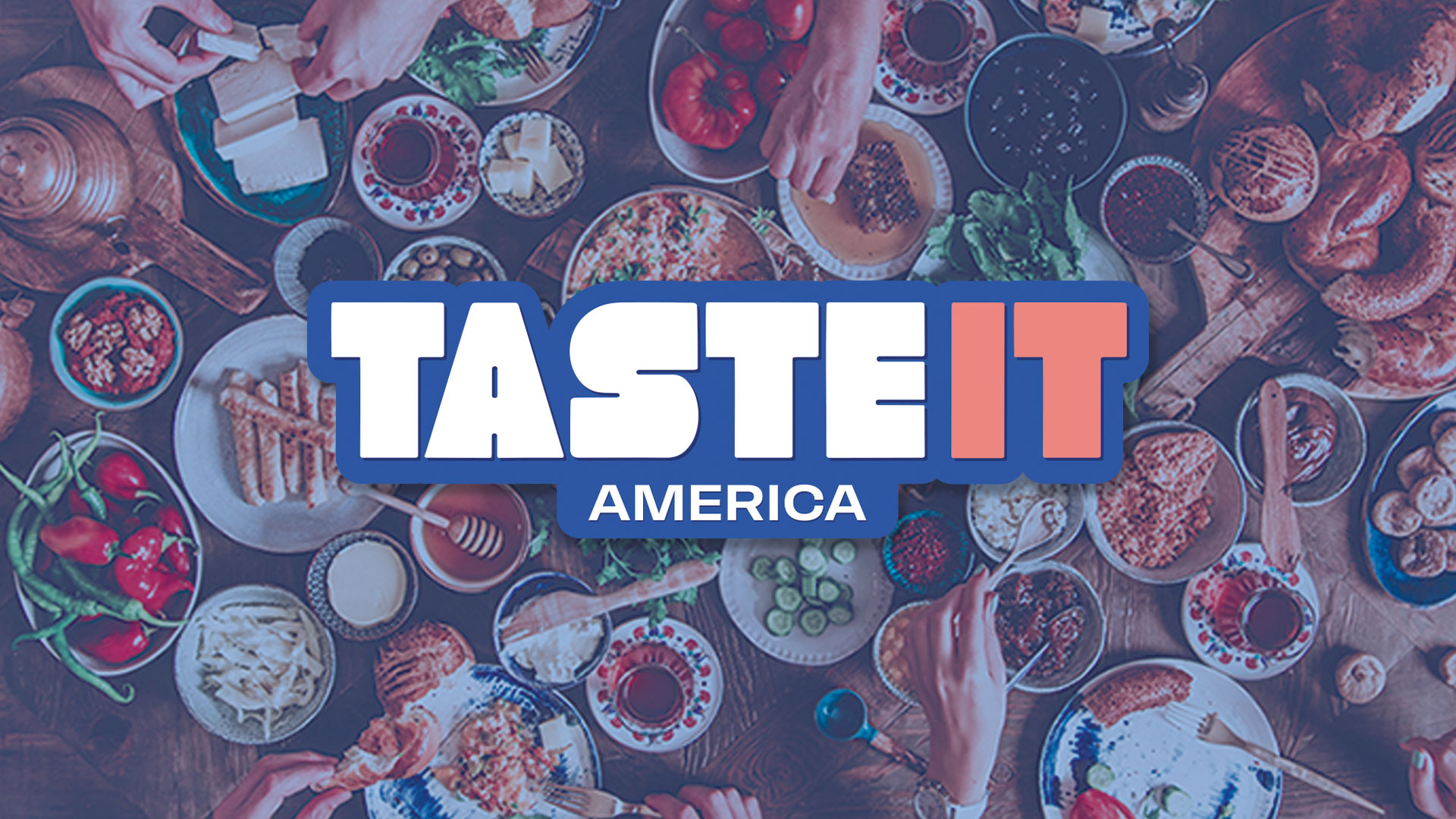Kraft Heinz plans to remove artificial dyes from its U.S. products starting in 2027 and will no longer launch new products with the dyes.
In a statement released June 17 the company said almost 90 percent of its U.S. products already don’t contain food, drug and cosmetic colors, but that the products that do still use the dyes will have them removed by the end of 2027.
The announcement comes less than two months after Health and Human Services Secretary Robert F. Kennedy Jr. and FDA Commissioner Martin Makary said they were asking food companies to voluntarily remove artificial dyes by the end of this year.
Kraft Heinz is the fifth company to respond to the request. Executives from PepsiCo, Danone North America, TreeHouse Foods and Tyson said in recent weeks that their companies were working to remove the synthetic color additives from their products, but they did not say how long it would take.
The artificial dyes in the crosshairs are made from petroleum products and are on the FDA’s approved list for food additives. Neither Kennedy nor Makary said the agency would move to remove the dyes from the approved list.
Health advocates have long called for the removal of artificial dyes from the Food and Drug Administration’s approved list, citing studies indicating they can cause neurobehavioral problems, including hyperactivity and attention issues, in children. The FDA has maintained that the approved dyes are safe and that “the totality of scientific evidence shows that most children have no adverse effects when consuming foods containing color additives.”
The FDA currently allows 36 food color additives, including eight synthetic dyes. In January, the agency announced that the dye known as Red 3 — used in candies, cakes and some medications — would be banned in food by 2027 because it caused cancer in laboratory rats. Work on that regulation change began under President Biden’s Administration.
On April 22 Kennedy and Makary said they had agreement from some leaders of the food and beverage industry and were encouraging others to remove six petroleum-based colorants — Blue 1 & 2, Green 3, Red 40 and Yellow 5 & 6 — from the food supply “by the end of next year.”
Officials from Kraft Heinz said in the company’s announcement that many of their U.S. products that still use FDA-approved artificial dyes are in their beverages and desserts, including Crystal Light, Kool Aid and Jell-O. The company plans to switch to natural colors for the products.
“The vast majority of our products use natural or no colors, and we’ve been on a journey to reduce our use of FD&C (Food, Drug and Cosmetic) colors across the remainder of our portfolio,” Pedro Navio, North America President at Kraft Heinz, said in a statement.
Kraft Heinz removed artificial colors, flavors and preservatives from its macaroni and cheese in 2016 and said it has never used artificial dyes in its ketchup.
According to a statement from Sensient Colors, one of the world’s largest producers of food dyes and flavorings, many U.S. food companies are already reformulating their foods. In place of synthetic dyes, foodmakers can use natural colors made from beets, algae and crushed insects and pigments from purple sweet potatoes, radishes and red cabbage.
Some company CEOs took advantage of their quarterly earnings reports to announce the removal of artificial dyes.
Chairman/CEO Ramon Laguarta of PepsiCo said the company’s products are “already safe and there’s nothing to worry about.” He said more than 60 percent of Pepsi’s products already don’t use artificial dyes.
“Ideally, we can do this in a very pragmatic orchestrated way as an industry and not create unnecessary panic or chaos,” he said. “In the next couple of years, we’ll have migrated all the portfolio into natural colors or at least provide the consumer with natural color options.”
Artificial dyes are used widely in U.S. foods, but Canada and Europe have either banned them or require companies to use warning labels. Several states, including California and West Virginia, have passed laws restricting the use of artificial colors in foods, particularly in school lunches.
Rather than creating a patchwork of food distribution based on state laws, TreeHouse Foods CEO Steve Oakland said in the company’s first quarter report that TreeHouse has already been planning to remove artificial dyes.
“In respect to public policy changes regarding food ingredients, we’ve been working on reformulation for some time and in some cases are already meeting the future standards, Oakland said. “We do applaud the efforts of the FDA to establish one national standard.”
During a second quarter report, Tyson Foods CEO Donnie King said none of the products the company supplies to school lunch programs use petroleum-based dyes. He also said the “vast majority of Tyson products — including Tyson Dino Nuggets, Tyson Chicken Nuggets, Tyson Chicken Bites and Jimmy Dean Maple Griddle Cakes — do not contain any of these types of dyes.”
(To sign up for a free subscription to Food Safety News, click here)


